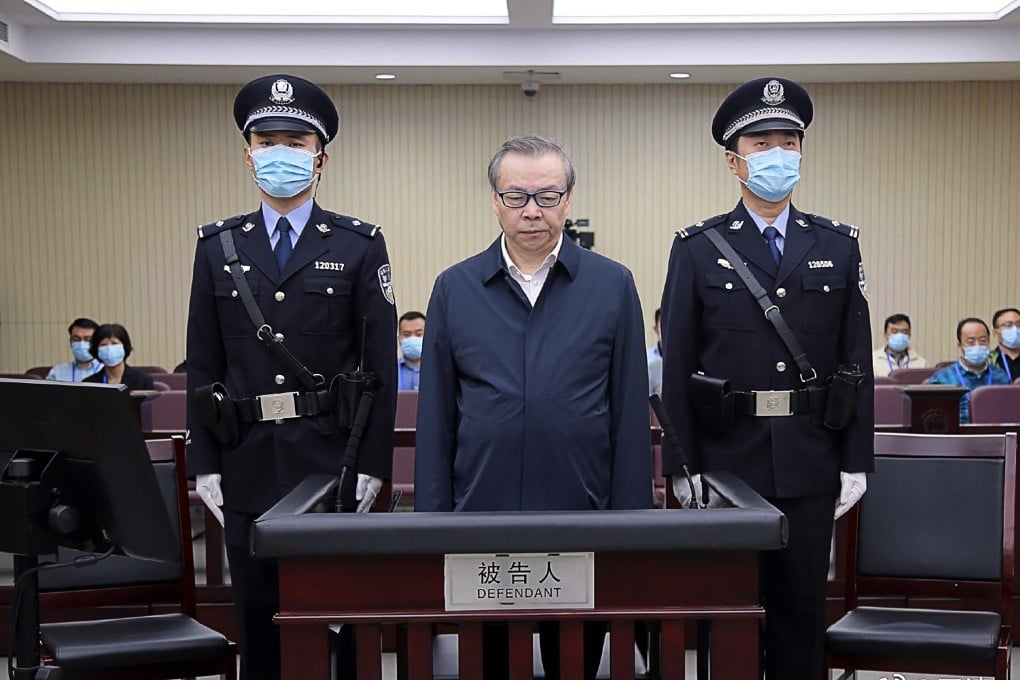China’s Communist Party warns cadres it’s on the corruption warpath
- Anti-graft watchdog highlights stiff penalties for recent extreme cases of bribery
- Among the examples is the death sentence given to Lai Xiaomin, the former head of China Huarong Asset Management

China’s top anti-graft watchdog is on a publicity blitz, using a number of high-profile cases to warn cadres not to test the leadership’s resolve on corruption.
As part of that campaign, state broadcaster CCTV will also air a four-part TV programme from Thursday documenting 16 cases of “how [we have] enforced discipline and curb corruption ... as [we] build China into a modestly prosperous society”, the CCDI said on its website on Tuesday.
The report – “Using Lai Xiaomin’s case to encourage rectification” – said the commission ordered party bodies of 19 financial institutions to organise “study sessions” with more than 130 senior and middle-ranking managers to “self reflect” by learning from Lai’s case.
It also said that almost 100 Huarong officials were investigated in connection with Lai’s case and 54 who had earned promotion under his reign had since been removed.
The commission also sent inspectors to the three other state-owned asset management companies – China Orient Asset Management, China Cinda Asset Management and China Great Wall Asset Management. In the aftermath, the four asset managers closed 56 non-core businesses.